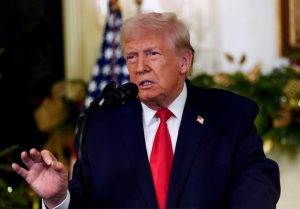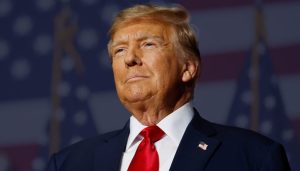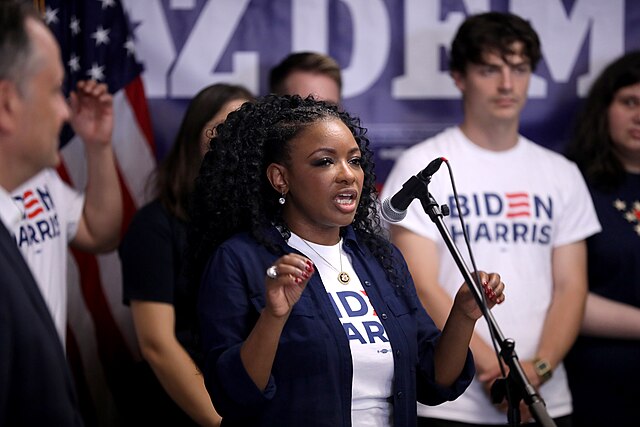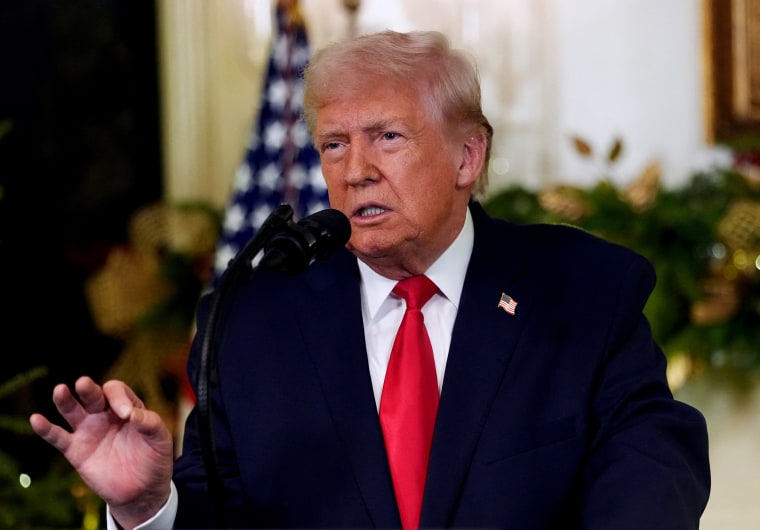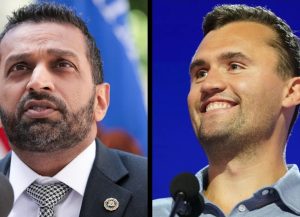The assassination of conservative activist Charlie Kirk has reignited fierce debates in Washington over political violence, free speech, and the ideological fault lines tearing at the fabric of American politics. In the days following the killing, twenty-three House Republicans signed a letter demanding a formal congressional investigation into what they describe as the “radical left” networks allegedly fueling violence against conservatives.
The move, spearheaded by Rep. Chip Roy (R-TX), comes amid mounting anger and grief among conservatives after Kirk was gunned down at Utah Valley University (UVU) while speaking to students as part of his “American Comeback Tour.” For many on the right, the attack is not seen as an isolated incident but rather as part of a broader, troubling pattern of targeted violence against conservative figures.
A Call for a Select Committee
On September 11, just one day after the shooting, Roy sent a letter to House Speaker Mike Johnson urging the creation of a select committee with subpoena power to probe alleged ties between far-left activists, wealthy donors, non-governmental organizations (NGOs), and media outlets.
“We must take every step to follow the money and uncover the force behind the NGOs, donors, media, public officials, and all entities driving this coordinated attack,” Roy wrote.
The letter was co-signed by 22 House Republicans, including several Freedom Caucus members. Their demand explicitly ties Kirk’s assassination to what they describe as a rising tide of political violence committed by extremists aligned with progressive causes.
Republicans have already cited two prior incidents: the 2017 congressional baseball shooting, in which GOP lawmakers were attacked by a left-wing activist, and the failed 2024 assassination attempt on Donald Trump during his campaign. For them, Kirk’s death is the latest evidence of a dangerous escalation.
A Shockwave Through Conservative America
Kirk, 31, was the co-founder of Turning Point USA (TPUSA), a conservative student organization that has grown into a nationwide movement with more than 850 campus chapters. Known for his brash style, close ties to former President Trump, and emphasis on fighting “woke” ideology on college campuses, Kirk was a rising star in Republican circles.
His killing during a Q&A session at UVU stunned the political world. Over 3,000 people witnessed the event, and videos of the chaos spread rapidly online. Police later identified the suspect as 22-year-old Tyler Robinson, a Utah native who allegedly fired a single shot from a Mauser bolt-action rifle from a rooftop overlooking the outdoor event.
Robinson was arrested two days later after a nationwide manhunt. According to investigators, he left behind disturbing notes and online messages suggesting political motives. He now faces charges of aggravated murder, felony discharge of a firearm, and obstruction of justice. If convicted, Robinson could face the death penalty under Utah law.
Democrats Respond With Condemnation
The killing drew bipartisan condemnation. Several Democratic lawmakers issued a joint statement on September 12:
“We may have our differences, but we are unified in our condemnation of these attacks.”
Yet Republicans argue that expressions of sympathy fall short. For them, Kirk’s death highlights what they see as years of Democratic rhetoric and lenient policies that have emboldened extremists. Some GOP members say Democrats have downplayed violence from the left while magnifying incidents involving right-wing actors.
Rep. Ralph Norman (R-SC) framed the matter bluntly:
“Political violence of any kind is unacceptable, no matter who commits it. But let’s not pretend this is an even playing field. In recent years, we’ve seen organized and well-funded efforts from the radical left to intimidate, disrupt, silence, and even justify violence against Americans they don’t agree with. Too often, the media downplays or excuses this violence when it comes from the left, as we’ve seen this week.”
The Debate Over Antifa and Soros
Republican lawmakers pushing for a probe say the investigation should scrutinize not only individual actors but also networks of support. Their focus includes groups like Antifa, as well as high-profile donors such as George Soros, who has long been a lightning rod for conservative criticism.
While Democrats dismiss such claims as conspiratorial, Republicans argue that funding streams and activist organizations create an environment where violence becomes thinkable, even celebrated. Online, some progressive voices were seen making light of Kirk’s death, which fueled outrage among conservatives and strengthened calls for accountability.
A Broader Pattern of Violence?
For GOP lawmakers, Kirk’s assassination fits a larger narrative of conservatives under attack. They point to:
-
2017 Congressional Baseball Shooting: James Hodgkinson, a left-wing activist, opened fire on Republican lawmakers practicing for a charity baseball game, critically wounding Rep. Steve Scalise.
-
2024 Trump Assassination Attempt: Trump narrowly survived a gunman’s attempt on his life during a rally in Pennsylvania.
-
Other incidents: Conservative speakers on campuses, from Ben Shapiro to Ann Coulter, have repeatedly faced violent protests, threats, and disruptions.
In their letter, Republicans argued that this escalation has been “enabled by years of inflammatory rhetoric and soft-on-crime policies from the left.”
The Political Stakes
Beyond questions of security, the push for a congressional probe carries major political stakes. A select committee could hold public hearings, subpoena documents, and call witnesses. Such an inquiry would almost certainly dominate headlines, shaping the 2026 midterm landscape.
For Democrats, the risk is clear: being painted as tolerant of violence against conservatives. For Republicans, the strategy echoes past efforts to hold high-profile investigations, such as the House Select Committee on Benghazi or the January 6th Committee.
Critics argue the GOP move is less about security and more about scoring political points. Yet supporters say it is essential to uncover whether powerful interests are linked to violent attacks against conservative leaders.
A Nation on Edge
Kirk’s death comes at a moment of already heightened polarization. Political violence in the United States, while rare compared to other forms of crime, has increased in visibility and intensity in recent years.
Experts warn that framing violence as the product of one side alone risks deepening divisions. Dr. Matthew Dallek, a historian of American politics, recently noted:
“We’ve seen rising instances of people feeling justified in turning to violence because of political rhetoric. Both sides accuse each other of being uniquely dangerous, but the truth is that this cycle of demonization feeds itself.”
Nonetheless, within conservative circles, the perception that Republicans are disproportionately targeted is strong. Kirk’s assassination, coming after attempts on Trump and others, has cemented that belief.
Looking Ahead
Whether Speaker Johnson agrees to form a select committee remains to be seen. Republicans are betting that public anger — and polling that suggests most Americans would blame the White House for a shutdown or violence-related failures — will strengthen their hand.
For Erika Kirk, Charlie’s widow, the politics matter less than the loss. In a tearful livestream, she vowed to continue her husband’s mission, saying:
“If you thought my husband’s mission was powerful before, you have no idea what you’ve unleashed.”
Her words reflect the emotional weight conservatives attach to Kirk’s death, and they underscore why Republicans are unlikely to let the matter fade from the national spotlight.
Conclusion
The assassination of Charlie Kirk has reopened raw debates about the nature of political violence in America. For Republicans, it is a rallying cry to investigate the networks they believe are radicalizing individuals and legitimizing attacks on conservative figures. For Democrats, it is a test of whether they can condemn violence without accepting the GOP’s framing.
As Washington braces for another showdown — this time not just over budgets and policy, but over the fundamental safety of political life — the nation is left to reckon with a grim question: is America entering an era where assassination becomes another tool of politics?

James Jenkins is a celebrated Pulitzer Prize-winning author whose work has reshaped the way readers think about social justice and human rights in America. Raised in Atlanta, Georgia, James grew up in a community that instilled in him both resilience and a strong sense of responsibility toward others. After studying political science and creative writing at Howard University, he worked as a journalist covering civil rights issues before dedicating himself fully to fiction. His novels are known for their sharp, empathetic portraits of marginalized communities and for weaving personal stories with broader political realities. Jenkins’s breakout novel, Shadows of Freedom, won national acclaim for its unflinching look at systemic inequality, while his more recent works explore themes of identity, resilience, and the fight for dignity in the face of oppression. Beyond his novels, James is an active public speaker, lecturing at universities and participating in nonprofit initiatives that support literacy and community empowerment. He believes that storytelling is a way to preserve history and inspire change. When not writing, James enjoys jazz music, mentoring young writers, and traveling with his family to explore cultures and stories around the world.
